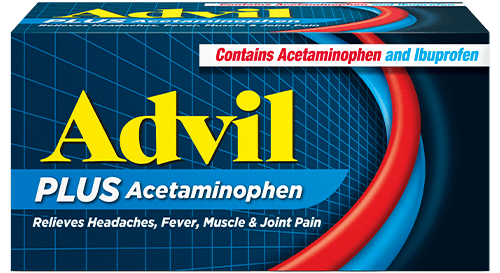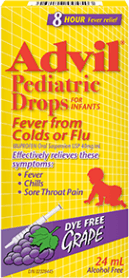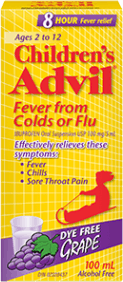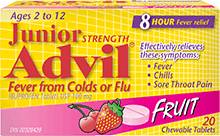When Your Child Has a Fever
Learn more on what to do for a fever
It can be worrisome when your child has a fever, here’s what you need to know about treating it.
A fever is a sign that the body is trying to correct a problem such as: an infectious disease, a reaction to certain medications, heat stroke, or other health conditions. The most common cause of fevers in children is a viral infection. A fever is generally defined as a temperature of 38°C (100.4°F) or above.
What To Do for a Fever
While it is a common sign of illness, fever isn’t necessarily a bad thing, because fevers appear to play a key role in fighting infections. The most important thing you can do is to keep your child as comfortable as possible and offer plenty of fluids. A medication such as ibuprofen (Children’s Advil) can help relieve aches and pains and reduce fever.
Other things you can do to reduce your child’s fever include:
- Remove excess clothing that traps heat.
- Encourage your child to drink plenty of liquids.
- Place cold washcloths on the child’s forehead, wrists, and groin.
- Give your child a lukewarm bath, but do not let the child shiver from cold water, because this can cause the temperature to rise. Never leave a child unattended in a bathtub. Do not use alcohol baths.
A fever itself will not harm your child; what’s more important is how your child acts while the fever lasts. Warning signs of a more serious underlying problem include:
- A fever in infants younger than 2 months old
- Listlessness
- Difficulty breathing
- Continuous crying in an infant or toddler
- Headache, neck stiffness or confusion
You should call your doctor if your child shows any of the warning signs listed above.
If you are uncertain about what is causing your child’s fever or if you are uncertain about how sick your child is, calling the doctor is always a wise precaution.
Be sure this product is right for you. Always read and follow the label. This information is provided for informational purposes only and is not intended as a substitute of any kind for professional medical advice, diagnosis or treatment of a qualified professional as required. Speak to your healthcare professional before making any changes to your lifestyle, or beginning or discontinuing any course of treatment. Never disregard professional medical advice or delay in seeking it because of something you have read on this site.





